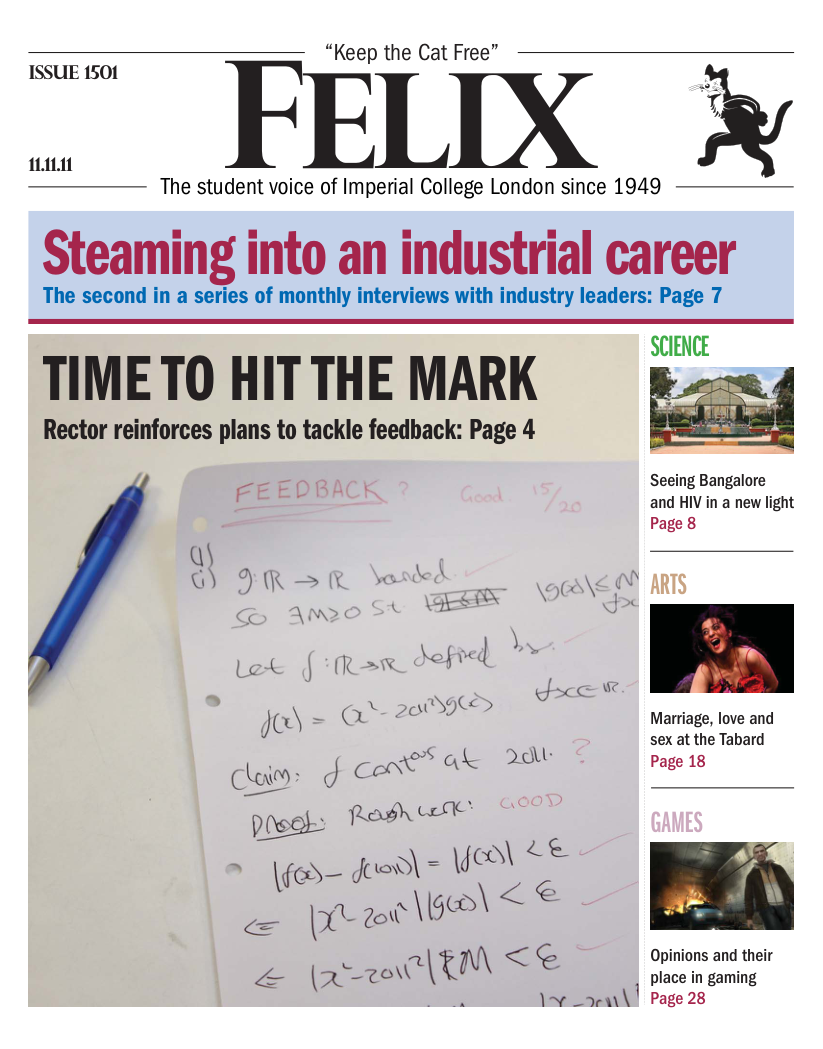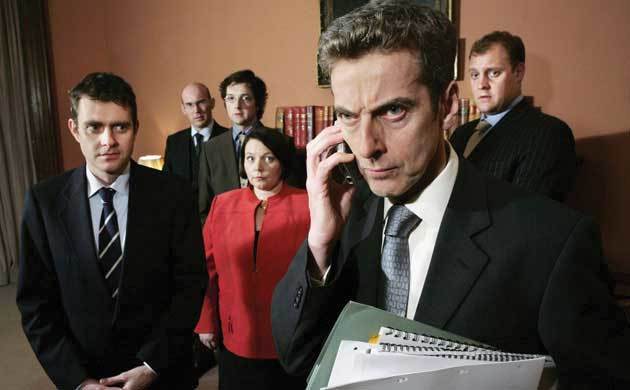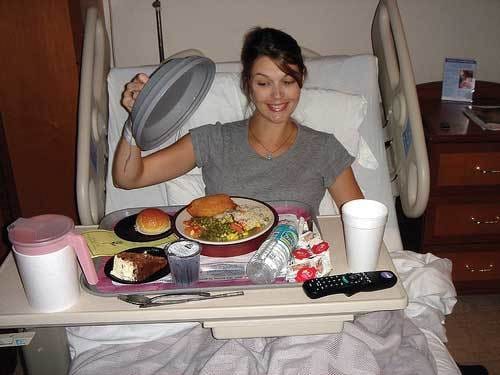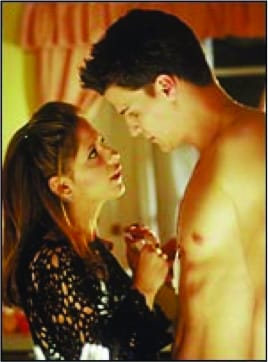It’s the end of the world as we know it
Melancholia
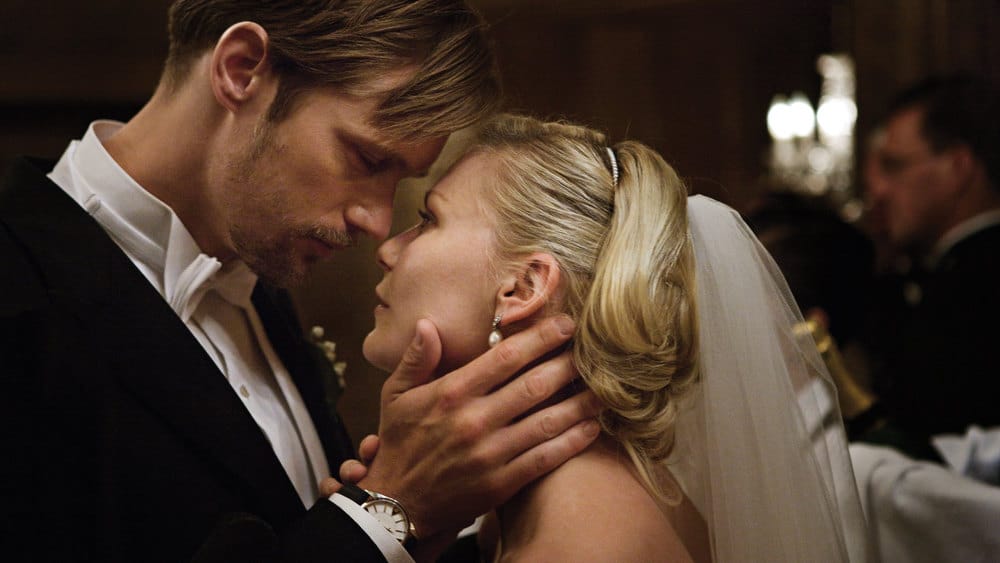
It’s not every day you watch a film that begins as depressingly as Melancholia. In beautifully vibrant slow motion, we are forced to watch in horror as the world, and four of its inhabitants, come to a startlingly abrupt end by way of planetary collision. Birds fall from the sky, horses collapse, and our protagonist Justine (a superbly cast Dunst) floats down a river in an Ophelia-esque fashion. As the two planets finally meet and the orchestral score pushes into a final crescendo, you know that this is not going to be a light-hearted journey.
The film takes part in two halves, named after two sisters, Justine and Claire. We’re introduced on the night of Justine’s extravagant wedding at a luxuriant country house put on by her sister’s millionaire husband (Sutherland), which also appears to be approaching disaster at a similarly drawn out pace. Like a snowball gathering speed, tensions between Justine’s estranged parents, delays, and an exceptionally overbearing boss push Justine to breaking point, and we are again forced to endure what essentially feels like a beautiful, but devastating train crash of a wedding. This is heart-wrenching stuff: Dunst perfectly pulls off a woman who is cornered by the oppressive forces of those around her and longs to be left to her own devices. It’s incredibly frustrating to watch her recklessly destroy all that’s been handed to her on a silver plate, but you cannot help but feel a sense of sadness at her predicament.
It’s not until the second half, Claire, where the film feels like it’s really kicked into gear. Whilst it was heavily hinted at during the first half, Justine is now painfully immobilized by crippling depression. Unable to function normally, she has moved back into the same country house to be cared for with the aid of her sister’s family, all under the gaze of Melancholia, a rogue planet due for a flyby of Earth within the next few days. Claire’s husband’s boyish sense of wonder at the celestial does little to install her with a sense of calm at the possibility of a collision, whereas a rapidly recovering Justine, convinced that life on Earth is evil, is longing for apocalypse.
Director Lars von Trier has made a name for himself in recent years for his half art school, half B-Movie schlock combination when it comes to filmmaking, and Melancholia is no exception. It is shot beautifully but unsteadily, with hand held camerawork adding a thick air of unease and tension to every scene, meaning every dull wedding conversation becomes inexplicably uncomfortable. This contrast aids in driving forward the dialogue, which sometimes appears stifling, and slows the pace.
But where the film really excels is the multitude of themes that it touches upon over its running time. The whole movie is built on contrast: beauty versus horror, calm versus panic. Throughout the film these ideas are played off each other in a subtle, yet poignant style: the bride in her wedding dress pissing on a golf course, guests who appear dignified yet act in the most despicable ways, and the encroaching planet of Melancholia itself. Fundamentally though, one idea remains: that you can only truly know a person when they believe they are about to die, and how they accept their fate is a larger statement on who they are. And that is an idea that is best discussed after you’ve seen this film.
While many will dismiss Melancholia as pretentious and overly stifling in its revelry of depression (and in some cases may well be right about it), the fact remains that von Trier has crafted a film of visual beauty that is truly essential viewing, even if just for the discussion afterwards.

